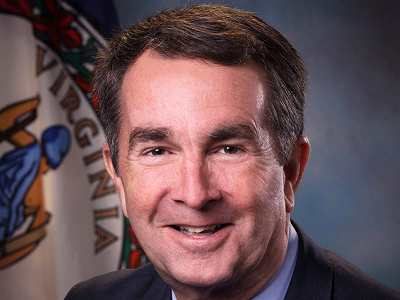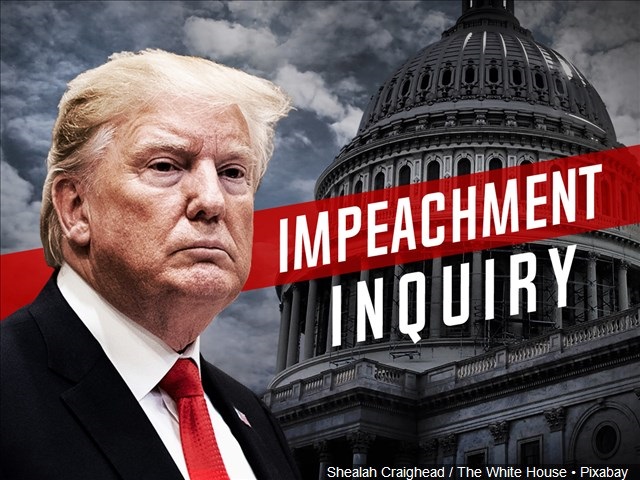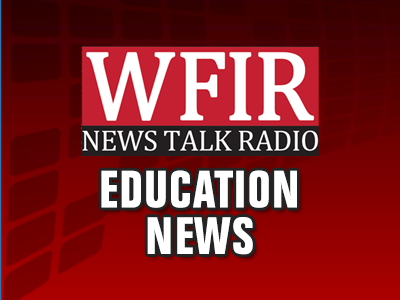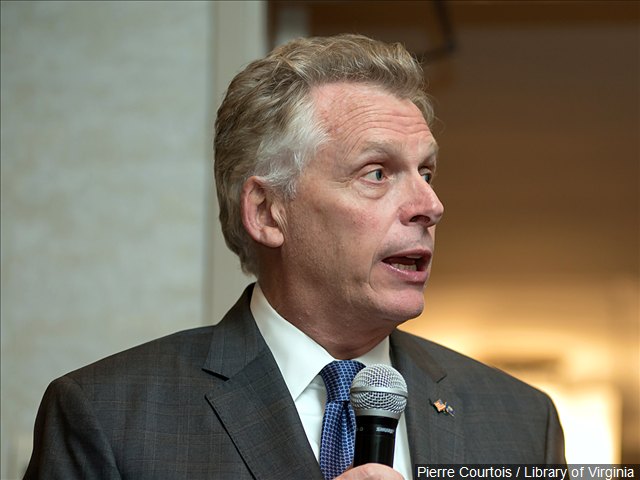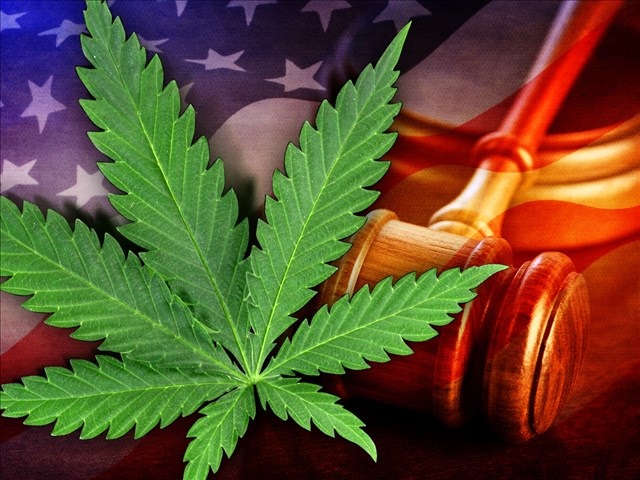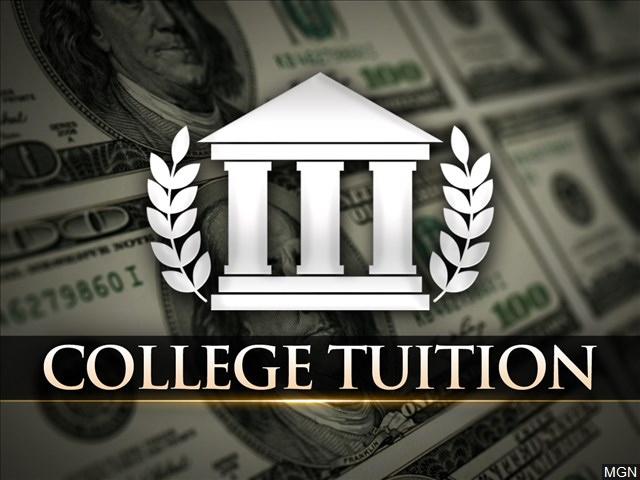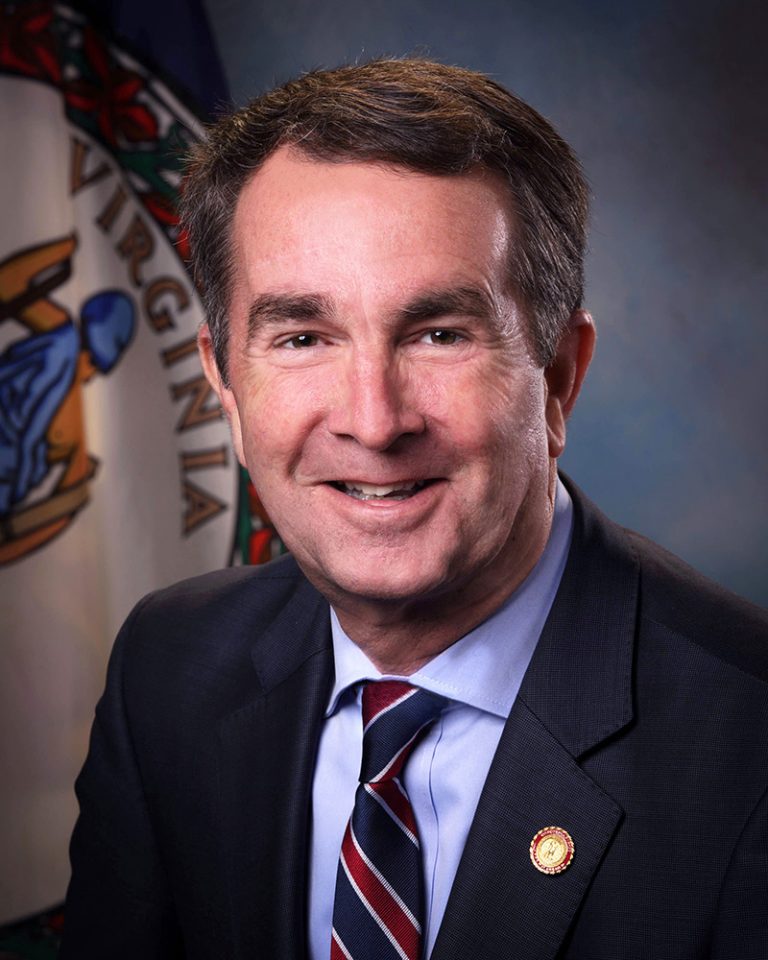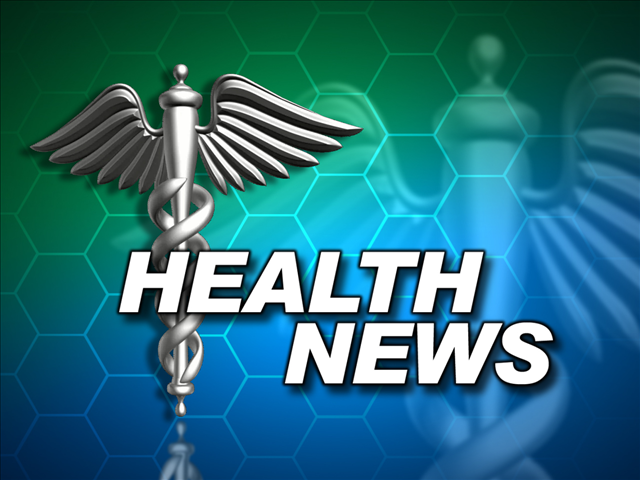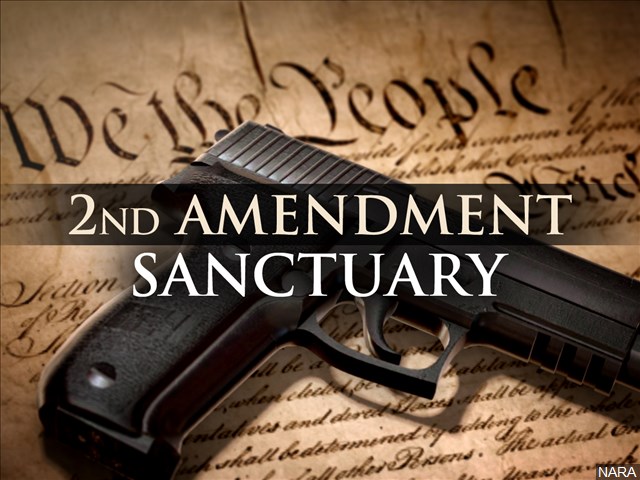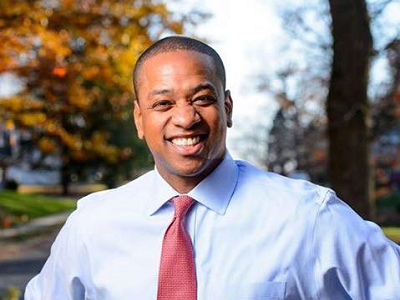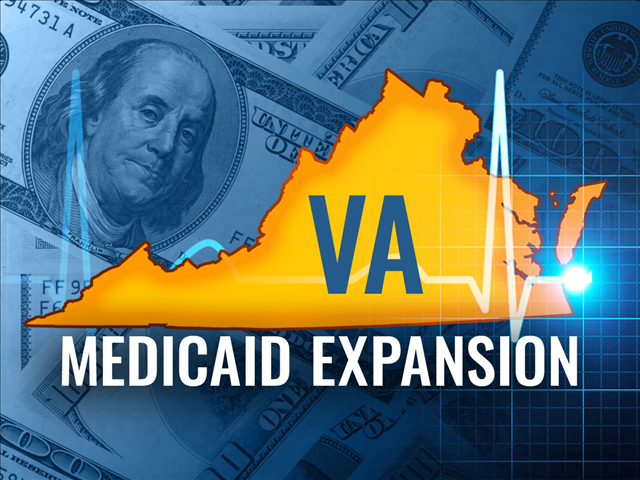RICHMOND, Va. (AP) — Virginians may soon be paying higher gas and tobacco taxes but won’t have...
State and National Government
While some Senators have made it clear how they’ll vote IF an impeachment trial takes place, but...
A new poll from the Wason Center for Public Policy Research at Christopher Newport University finds voters...
RICHMOND, Va. (AP) — Virginia Gov. Ralph Northam says he wants to put more money into at-risk...
Former Democratic Virginia Governor Terry McAuliffe has been asked if he would consider being vice president. WFIR’s...
The votes to pass articles of impeachment this morning in the House Judiciary Committee comes after 14...
It is clear that Virginia’s elected leaders are preparing to enact some sweeping changes in state marijuana...
RICHMOND, Va. (AP) — Virginia Gov. Ralph Northam is pushing for tuition-free community college for low- and...
RICHMOND, Va. (AP) — Virginia Gov. Ralph Northam is pushing for more money to help clean up...
Governor Northam is proposing about $22 million in new state spending for efforts to improve health outcomes...
RICHMOND, Va. (AP) — More than 200 gun rights activists wearing “Guns SAVE Lives” stickers rallied Monday...
RICHMOND, Va. (AP) — Virginia Gov. Ralph Northam is proposing about $22 million for efforts to improve...
A Second Amendment Sanctuary resolution vote in Bedford County today has the approval of a local congressman....
ALEXANDRIA, Va. (AP) — Virginia Lt. Gov. Justin Fairfax says he’s done everything he can to clear...
RICHMOND, Va. (AP) — Virginia is moving toward dropping work requirements for Medicaid enrollees after Democrats won...

